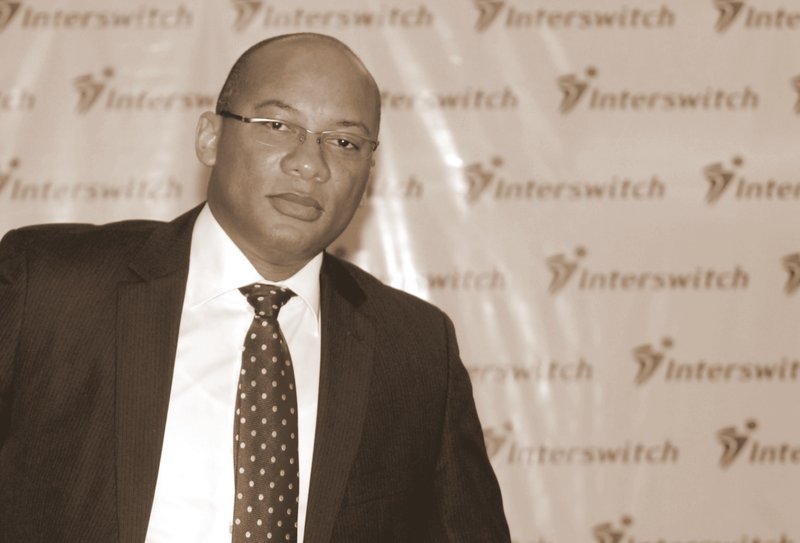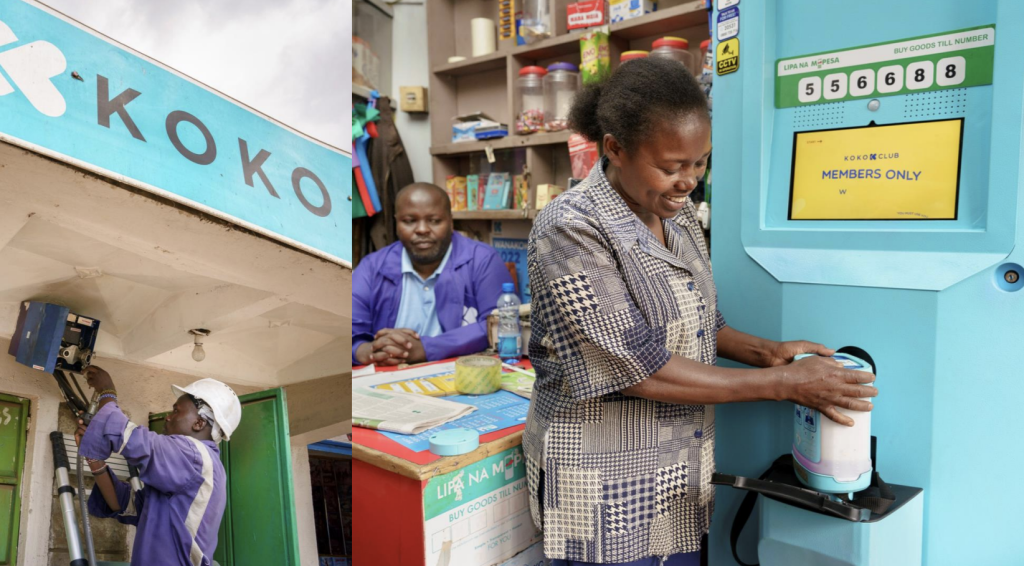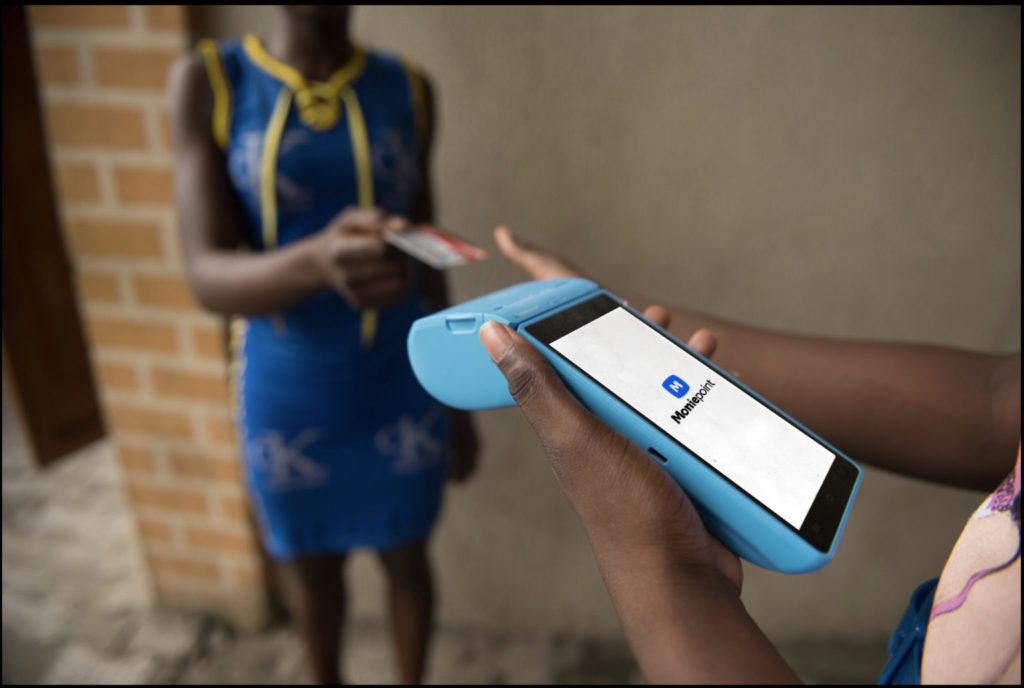I have two words for you that online merchants and certainly developers do not like to see in the same same breath. “Interswitch” and “innovation”.
Believe it or not, Interswitch is innovating.
“How?”, you ask. In short course, Interswitch will officially reveal major improvements and changes in the way they do business with online merchants and developers.
The first thing is new and improved software development kits for websites and mobile applications. These are expected to make integration a snap and eradicate most of the technical difficulty that has plagued the product.
The second is thing is that the cost of integration is about to come down. Hard. Not to the ideal price of free, but by almost 90 percent.
Excited yet? That is up to you. Of course, we have to verify that the technical stuff works, and well. But before that, there is the intriguing question of why Interswitch is bothering with all this in the first place.
The truth is Interswitch has always made money. Lots of it. From their business with banks, who are their biggest customers, and were at one point, their investors. They’ve never had any real incentive to innovate. After the Central Bank, Interswitch is the biggest gatekeeper to electronic payments in Nigeria, and increasingly in West Africa. Of course, between sub-optimal technology and an apparently heavy-handed approach to service, Interswitch earned the ire of online merchants and developers over the years. But why change that now?
Two things I can see.
First, doing business with the banks throws off cash by the bullion van, but the long tail of financial services and payments is ultimately in electronic commerce. In Nigeria, that sector is now on an undeniable bull streak, growing 25 percent year-on-year, according to research that also peg revenues at about $2 million dollars every month. Ignoring the drivers of such value would be courting extinction.
Asides its unpopularity with the merchant and developer demo, the second important factor at play is new and international competition. Interswitch could afford to ignore the criticism when all they had to contend with were smaller payments companies, none of which managed to make a dent in its monopoly. But all of that burgeoning ecommerce activity from Nigeria has not gone unnoticed in global finance and payments circles, and it was inevitable that moves would be made. PayPal’s arrival in Nigeria, to an enthusiastic local reception, has had the effect of a loaded gun pressed to a warm temple.
A few months ago, I had cause to visit Interswitch’s Victoria Island offices, for an unrelated interview with the managing director, Mitchell Elegbe. The first thing he said to me was — “you are the one that wrote that article?”
“That article” was in reference to a post I wrote about Interswitch in 2012. At the time, I posited that if Interswitch continued to be heavy-handed company with shitty payment products, it would become a victim of disruption.
The post touched a nerve, and set off a firestorm of conversation about the sorry state of online payments in Nigeria, and the “wicked switch of the west” that ruled it. Shortly after that, the senior technical and business executives from Interswitch began to engage developers and merchants, to try and explain their side of the story, and possibly chart a way towards outcomes that would be to the advantage of all the stakeholders involved.
It should be said in defence of Interswitch that it is not entirely responsible for ALL of Nigeria’s electronic payments malaise — the Nigerian Central Bank’s role in that mess is not documented. When the regulation that mandated the use of one-time-passwords was effected, that was the CBN, egged on by the banks we hear, making everybody’s life harder. But Interswitch, being the giant bull’s eye that it is, got all the flak.
For the scale of the payments problem in Nigeria, there has to be a scapegoat, and the visible targets don’t get much bigger than Interswitch. But it’s not just about who takes the blame, but also a question of leadership. In the immortal words of Spiderman’s uncle, with great power, comes great responsibility. Because of Interswitch’s monopoly and influence in the electronic payments sector it automatically falls to them to take an active role in positively shaping how the space evolves.
Of course, Interswitch cannot lead the ecoystem without first dealing with its own issues. It has taken them almost three years to do it, but after many significant internal changes and adjustments, it looks like Interswitch might have finally put together a technical and business proposition that will make online merchants and developers look more kindly on them. A closer look at those will be the focus of subsequent posts.
That notwithstanding, the real trial will come when PayPal flicks the switch that will allow local merchants receive payments on that platform. Right now, all Nigerians can do with PayPal is to send, not receive. But till then, Interswitch still has the home advantage. To keep it, they will have to up their game. After years of alienation and bad blood, it will take considerable effort and dedication to get developers and merchants to stick with them.
Perhaps investments, not just into the goodwill, but into the fledgling ventures of technology and internet entrepreneurs might be one more way to win the ecosystem over. Interswitch has created a $10 million fund for the purpose of investing in startups in the financial services sector, with business models that align to its vision. One the earliest manifestations of that intent is a partnership with the Meltwater Entrepreneurial School of Technology in Ghana, aimed at supporting West African entrepreneurs. Indeed, it is Interswitch’s involvement that has enabled MEST to take on its first batch of Nigerian entrepreneurs-in-training.
Up next, we’ll be looking at the core changes that Interswitch has made to its payments product and the value proposition for online merchants, as well as web and mobile app developers.















